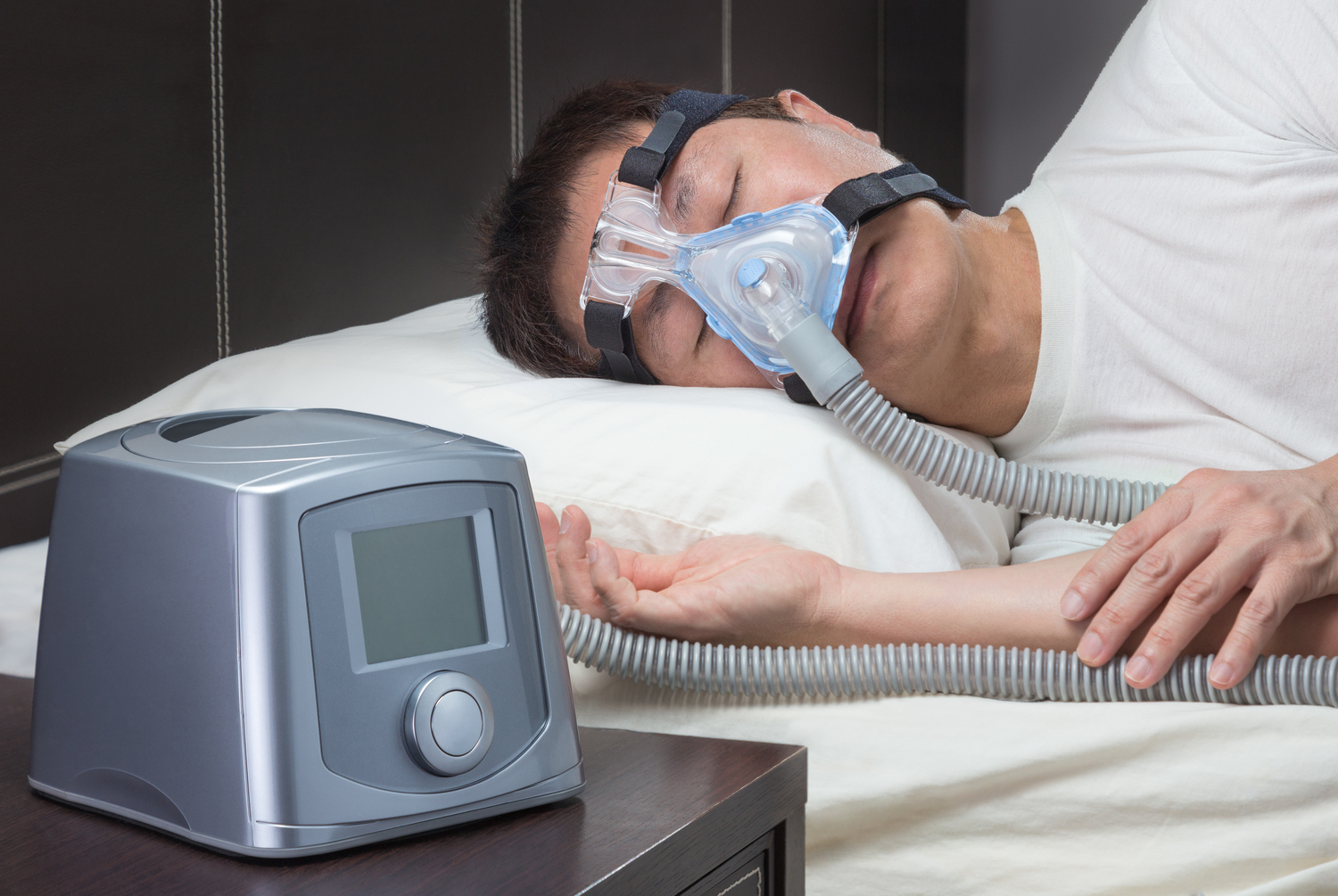Sleep Apnea Risk Factors
Sleep apnea is a potentially dangerous sleep disorder that causes breathing to stop and start temporarily during slumber. Symptoms of sleep apnea include loud snoring, choking during sleep, dry mouth, sore throat upon waking, morning headaches, and daytime fatigue. Sleep apnea is most common among older males (who are three times more affected than women) and obese individuals.
Below are several common sleep apnea risk factors:
1. Excess weight
As mentioned, being overweight is considered a prime risk factor for developing sleep apnea.

2. Narrowing of the airways
If the nasal passages are partially blocked due to allergies, then this becomes a risk factor for sleep apnea. Chronic congestion, especially a stuffy nose, is often a precursor for sleep apnea, if the passages of the nose are already constricted. This occurs when the soft tissues in the throat and nose collapse and obstruct the breathing passages. As a result, enough oxygen cannot pass and breathing may cease and start again during sleep.
3. Older males
Older men are roughly 3 times more likely to suffer from sleep apnea than women of the same age group. This is because men generally have more upper airway muscles that contract during sleep, causing the throat to narrow, thus making breathing difficult. This condition is called oropharyngeal collapse, and it affects patients when the muscles in the throat squeeze, temporarily blocking airways and airflow. This condition is common in men over 40-years old.
4. Smoking
If you smoke, then your chances of having sleep apnea are higher. This is because smoking narrows the airways, which in turn makes breathing more difficult during sleep. Nicotine found in cigarettes and pipe tobacco triggers increased muscle tone in the airways, making it difficult for patients to breathe, and negatively affecting sleeping patterns. It is important to note that nicotine does not cause sleep apnea, however, it may trigger the sleep disorder
5. Alcohol or other sedatives
Regular sedatives users have a higher chance of developing sleep apnea because these drugs cause the muscles in the upper airway to relax during sleep, interfering with breathing and causing oxygen deprivation. Alcohol consumption has similar effects to sedatives, causing the upper airway to relax during slumber., and negatively affecting sleeping patterns.
While sleep apnea can affect patients irrespective of age, gender, or lifestyle choice; it is especially present in older men, smokers, overweight individuals, in patients with existing allergies, and after consuming alcohol or sedatives. If you notice severe snoring or breathing cessation in yourself or a loved one, talk to a doctor about the possibility of sleep apnea.



